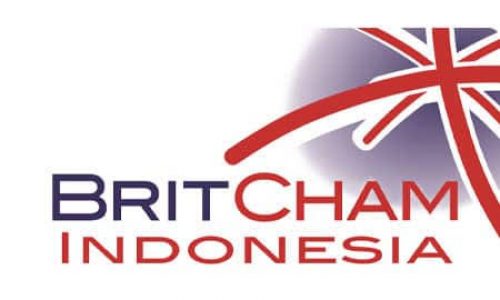The escalating geopolitical crisis in the Middle East, coupled with Iran’s attack on Israel, poses a threat to the global economic recovery, including Indonesia.
The crisis, which follows Iran’s retaliatory mission − launching drones and missiles at Israel on Saturday (April 13, 2024), marks a new phase in the Middle East conflict, with Iran directly engaging Israel.
Previously, the conflict between Iran and Israel had been indirect, with Iran using its proxy militias like Hezbollah in Lebanon and the Houthis in Yemen to pressure its enemies, including Israel.
However, Iran was compelled to act directly after Israeli fighter jets unilaterally attacked Iran’s embassy complex in Damascus, Syria. This attack, not the first by Israel on Iran in Syria, provoked Iran’s response. How does Iran’s attack on Israel impact the global economy, particularly Indonesia, especially if the conflict prolongs?
Crude oil commodities boil up
Iran’s response to the attack on its embassy complex in Damascus, by launching missiles at Tel Aviv, spiked crude oil prices. On Saturday, Brent crude oil prices surged by 71 cents to $90.45 per barrel, while West Texas Intermediate (WTI) crude oil futures rose by 64 cents to $85.66 per barrel.
Notably, WTI crude oil prices have already risen by 20 percent year-to-date, reflecting the sluggish recovery of the U.S. economy and escalating geopolitical crises, particularly in the Middle East. The surge in energy commodities also propelled energy sector stocks in the S&P 500 Index, which surged by 17 percent throughout 2024, making it the best-performing sector in the past month.
In Indonesia, stocks of energy sector companies were expected to rise at the opening of trading on the Indonesia Stock Exchange on Tuesday (April 16, 2024), following the extended Ramadan holiday. However, this rise in crude oil prices has subsequent chain effects, including global inflation, which inevitably affects Indonesia.
Inflation pressure threat
The rise in crude oil prices can lead to inflationary pressures. The U.S. economy itself is on the brink of recession due to inflation. In March 2024, the inflation rate in the U.S. stood at 3.5 percent, up from 3.2 percent year-on-year in February. In January 2024, inflation in the U.S. was recorded at 3.1 percent.
Meanwhile, the unemployment rate in the U.S. in March was 3.8 percent, compared to 3.9 percent in February and 3.7 percent in January. It’s worth noting that while inflation in the U.S. has cooled down from 7 percent in 2021 to 6.5 percent in 2022 and further down to 3.4 percent in 2023, it remains elevated in 2024 due to the energy commodity price hikes amid the Russia-Ukraine geopolitical crisis.
Consequently, Federal Reserve Chairman Jerome Powell, in his post-FOMC meeting speech, maintained the interest rate, fearing that the Iran-Israel crisis might eliminate the possibility of rate cuts. Consequently, the prolonged high-interest-rate regime in the U.S. threatens to persist longer than previously expected, impacting the global economy and, of course, Indonesia’s.
Prolonged high-interest-rate regime
The Bank Indonesia (Central Bank) Board of Governors Meeting on March 19-20, 2024, decided to maintain the BI Rate at 6 percent, the Deposit Facility interest rate at 5.25 percent, and the Lending Facility interest rate at 6.75 percent.
The BI Rate has remained unchanged since October 2023, consistent with the pro-stability monetary policy focus to maintain the stability of the rupiah exchange rate and preemptive and forward-looking measures to ensure inflation remains controlled within the target of 2.5±1 percent in 2024.
Meanwhile, macroprudential policies and the payment system remain pro-growth to support sustainable economic growth. Loose macroprudential policies continue to be pursued to encourage bank credit/financing to businesses and households.
Indonesia’s monetary authority policy is in line with the Federal Reserve’s decision to maintain the Fed Funds Rate at 5.25-5.5 percent since July 2023. However, if the Iran-Israel crisis persists, hopes for a BI Rate cut might be hampered, as the Fed shows no signs of lowering interest rates.









